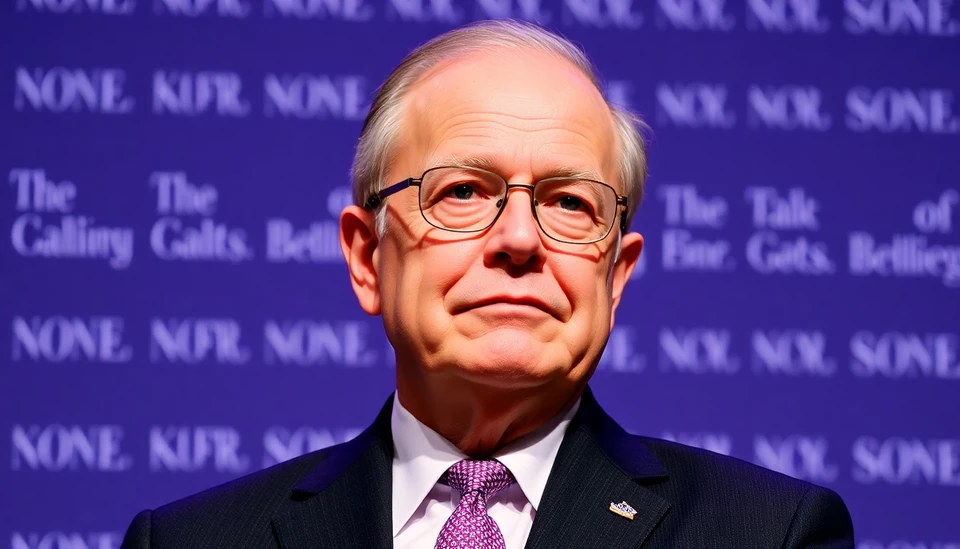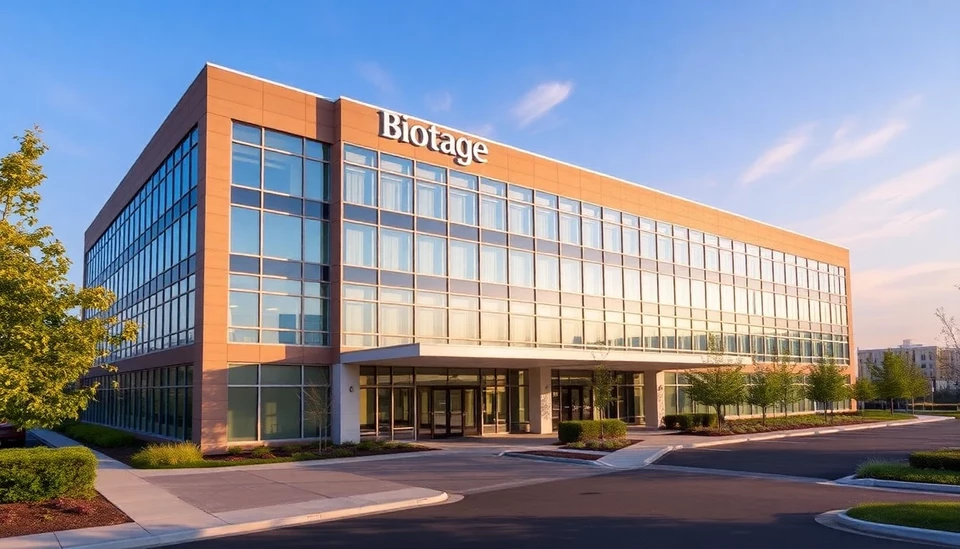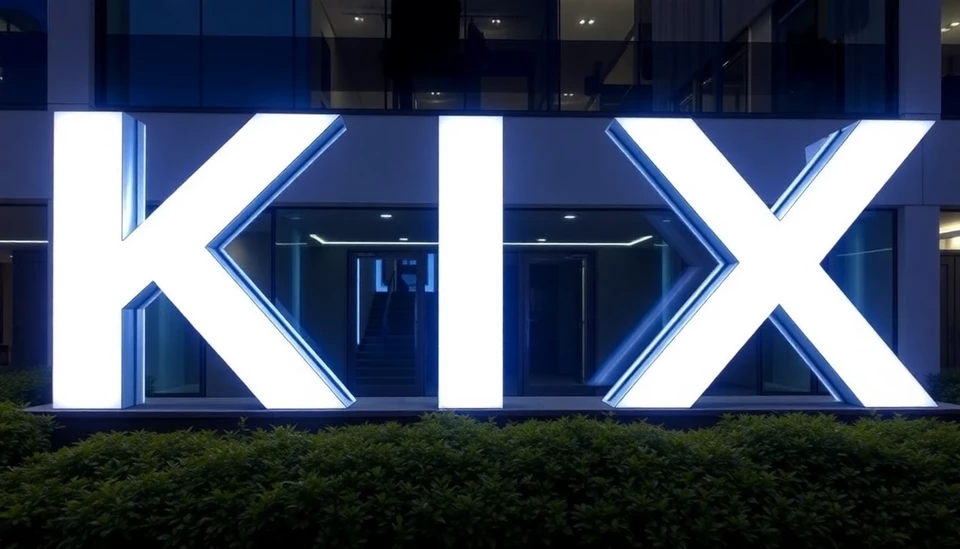
In a bid to redefine its identity and expand its influence, KKR & Co. (Kohlberg Kravis Roberts & Co.) is embarking on a transformation that resembles the diversified investment strategy of Berkshire Hathaway. This strategic pivot, spearheaded by the firm's founders, showcases their vision for KKR to become a more multifaceted investment entity, thus broadening its reach beyond traditional private equity.
Recently, KKR has been increasing its investments in private credit, infrastructure, and various alternative assets, aiming to establish a more comprehensive portfolio akin to that of Berkshire Hathaway, which is known for its extensive range of investments across different sectors. The founders—Henry Kravis, George Roberts, and others—are not merely passive overseers; instead, they are deeply involved in this strategic transition, shaping the company’s future direction with their considerable experience and insight.
As part of this initiative, KKR is also focusing on expanding its presence in Europe and Southeast Asia, recognizing the potential for growth in these regions. The firm’s leadership contemplates a broader approach to investment, moving beyond the confines of traditional buyouts and considering various industries such as energy, technology, and healthcare. This strategic diversification is not just about seeking new investment opportunities; it’s also about mitigating risks associated with market fluctuations and economic downturns.
Alongside the strategic diversification, KKR is prioritizing operational improvements and management efficiency across its portfolio companies. This focus aims to enhance profitability and ensure that KKR investments yield robust returns over the long term. By leveraging their expertise in investment management and operations, KKR aims to replicate the successful models seen in other massive conglomerates, such as Berkshire Hathaway, which has thrived by building a stable of resilient, cash-generating businesses.
The founders believe that creating a "mini Berkshire Hathaway" requires not only a diversified portfolio but also a unique corporate culture that supports ongoing growth and innovation. As part of the transformation, KKR is investing in talent acquisition and development, ensuring that they attract and retain individuals capable of driving the firm's ambitious vision forward.
Kravis and Roberts are excited about this new phase of KKR's evolution. They foresee a future where KKR serves a dual role as both a private equity innovator and a broad-based investment firm, providing comprehensive solutions for today’s investing landscape. The firm’s veteran leaders remain committed to steering KKR towards sustained growth and high-impact investments that transcend traditional boundaries.
As KKR continues on its path of transformation, the investment community is closely monitoring its moves. With strong leadership and a clear strategic vision, KKR is poised to make significant contributions to the investment landscape and could potentially reshape what it means to be a private equity powerhouse in the modern era.
In conclusion, KKR’s quest to emulate Berkshire Hathaway reflects not only its ambitions but also the evolving dynamics of the financial landscape. This transformation embodies a shift toward a new kind of investment approach, embracing diversity, innovation, and long-term sustainability.
#KKR #Berkshire #Hathaway #Investment #Strategy #Private #Equity #Alternatives #Growth
Author: John Harris




